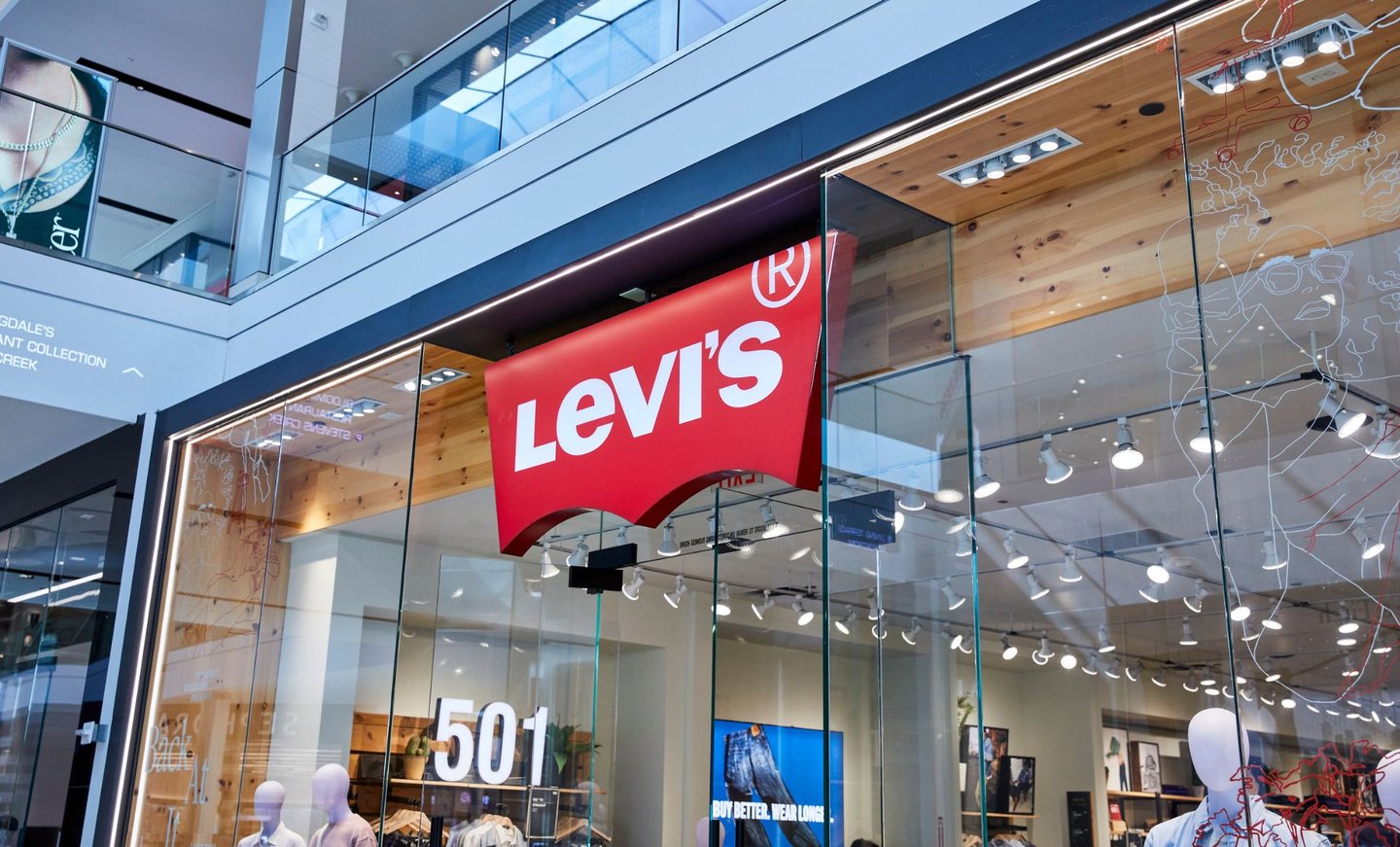Levi’s expands automation beyond robots
The success of its robotic automation program has led Levi Strauss & Co. to automate process across the enterprise.
As part of a broader digital transformation effort, in 2021 the denim giant began piloting robotic process automation (RPA) capabilities. With RPA, the company can create bots that automate labor-intensive and lower-level tasks, enabling employees to spend time on higher-level analytical and judgment-based work.
Levi’s developed an RPA Center of Excellence (COE) team that works with different departments to find automation opportunities and scale automation across the business. That group has since evolved into the Business Process Automation (BPA) COE.
In 2022, the team aimed to automate at least 20,000 hours of manual work, and by the end of the year it surpassed that goal by 5,000 hours. In 2023, Levi’s automated 30,000 hours. And for 2024, the goal was to reach a cumulative of 90,000 hours automated — and at just over halfway through the year, the team reached 100,000 hours.
[READ MORE: Levi’s optimizes e-commerce fulfillment with AI]
The team has also expanded beyond bots to broader business process automation. This includes efforts to simplify ways of working, create connectivity throughout the organization and unify processes with our enterprise business systems like SAP, Google Cloud, and FlexPLM.
In addition, the BPA team focuses on data quality improvement, data analytics and data visualization throughout the solution and implementation process.
"Over the last three years, the team has created 85 bots across the organization, from marketing and merchandizing to compliance and finance, simplifying how we work and freeing up valuable resources to focus on growth initiatives," said Harmit Singh, chief financial and growth officer at LS&Co. "The BPA COE is a prime example of how valuable our Center of Excellence model is to the organization and the impact they have supporting our global business. I’m eager to continue our progress and further transform our business for today’s digital-first workforce."
San Francisco-based Levi Strauss products are sold in more than 110 countries worldwide through a combination of chain retailers, department stores and online sites. It has global footprint of approximately 3,200 brand-dedicated stores and shop-in-shops.




